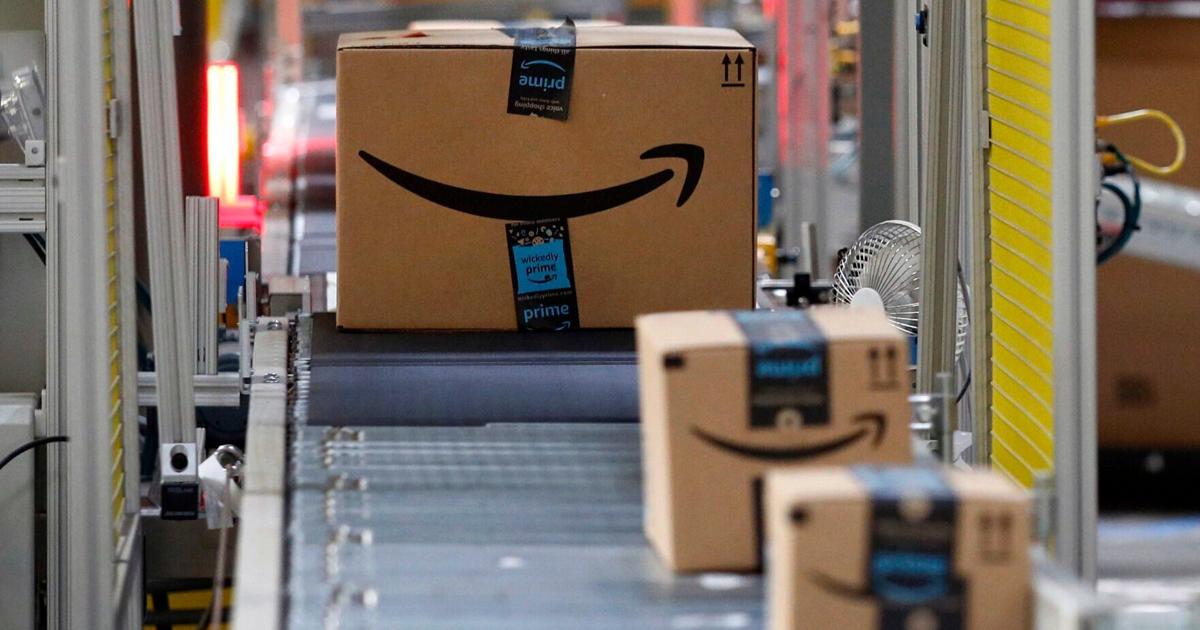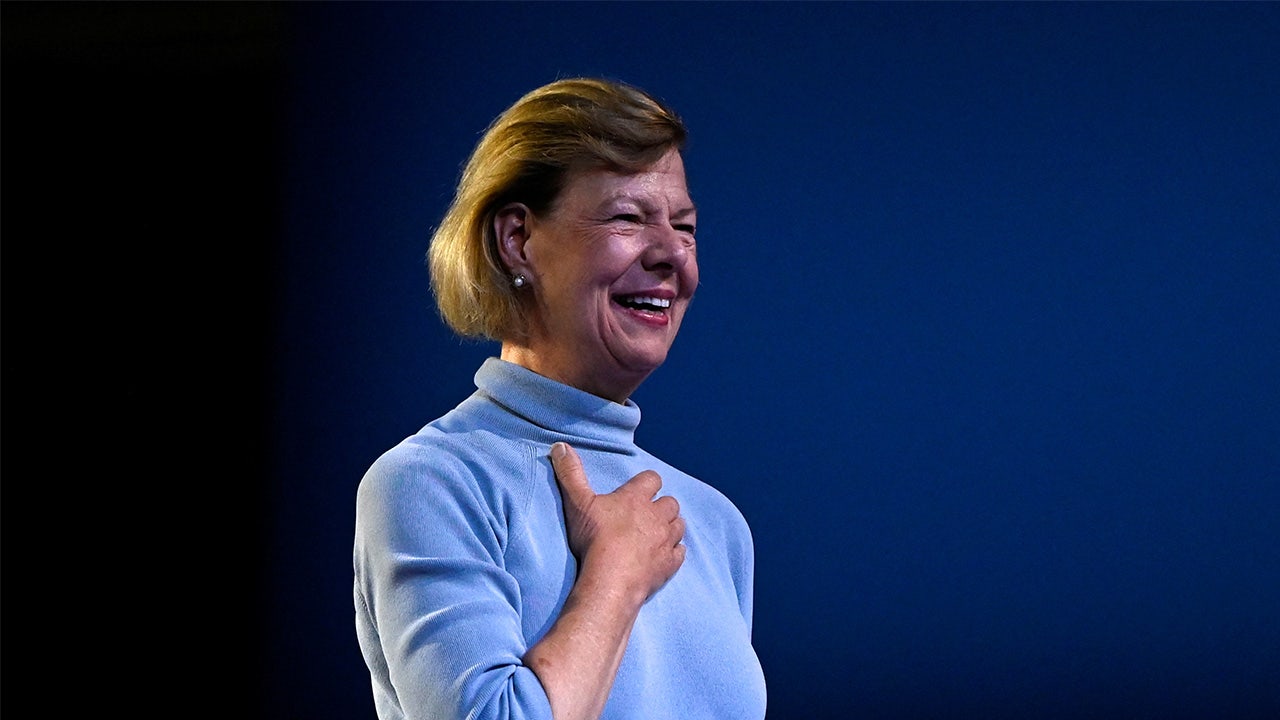Kayla Breitbarth can’t afford child care even though she works 50 to 60 hours a week at an Amazon fulfillment center in St. Peters.
She relies on family members and sometimes her 13-year-old to watch the younger three children while she picks up enough hours to try to support her family.
“If I work less than that, I can’t pay my bills. I already struggle to pay my bills or buy groceries,” she said. Breitbarth began working at the Seattle-based tech and e-commerce giant four years ago. She moved to Swansea from Washington state two years ago to be closer to family who could help her with child care. Breitbarth commutes an hour each way because this location allows her to set her schedule each week — giving her some flexibility when her children are sick or have a doctor’s appointment.
But despite the long hours, help from her family and monthly visits to a food pantry, her family is barely scraping by on the wage that Amazon pays her.
People are also reading…
Meanwhile, Amazon reported $6.7 billion in profit for the three months ending in June. Jeff Bezos, the third richest person in the world, who derives his wealth from ownership of Amazon stock, is worth an estimated $163.5 billion.
“They can afford to have some sort of in-house day care, but they don’t,” Breitbarth said. The company doesn’t offer her any discount or credit for child care.
“They can afford to do things like that, but they choose not to,” she said.
Kelli Kee, communications director of Progress Missouri, said Breitbarth’s situation illustrates a growing disparity for Missouri women. More women in the state are becoming more educated and moving into better jobs, but more women are also living in poverty in the state.
Kee cited these statistics:
In 2004, only 20.3% of Missouri women had earned a bachelor’s degree or higher. By 2018, that figure rose to 29.4%.
During those same years, Missouri women employed in managerial or professional positions increased from 35.1% to 40.1%.
But these achievements haven’t translated into better economic outcomes for women.
In 2004, 11.1% of Missouri women lived in poverty; that figure has increased to 15.5% compared to 13.3% of men.
A study by the Center for American Progress found that mothers who were unable to find a child care program were significantly less likely to be employed than those who found a child care program, whereas there was no impact on fathers’ employment.
“Mothers said that if they had access to more affordable and reliable child care, they would increase their earnings and progress in their careers by finding a higher-paying job, applying for a promotion, seeking more hours at work, or finding a job in the first place,” the report stated.
Kee questioned why Missouri lawmakers have not addressed the child care deserts in the state, where there are no affordable child care options for working parents. Additionally, the burden of child care in school districts that have dropped to four-day school weeks falls disproportionately on women, she said. Nearly a third of the school districts in the state operate on a shortened schedule for the cost savings and to help retain and recruit teachers.
Breitbarth isn’t sure how much longer she can keep working at Amazon since the company has capped her hourly wages. Her pay hasn’t kept up with the inflationary increases in the cost of living.
It’s not possible for her to increase her wages unless she becomes a manager. But, without any back-up child care or flexibility in her schedule, she doesn’t know how she would manage if one of her children gets sick or has a day off from school. Given the two hours she spends commuting daily, plus the long hours she works, she hardly gets to see her children much as it is.
She is working on efforts to unionize workers like herself at Amazon.
“We are coming together as a team in hopes that things will get better,” she said.
It may be difficult to get Bezos to pay much attention to the trials of single mothers working at the company he founded.
He’s been busy touring Europe with his new fiancée on a 417-foot superyacht.





























/cdn.vox-cdn.com/uploads/chorus_asset/file/25739950/247386_Elon_Musk_Open_AI_CVirginia.jpg)
